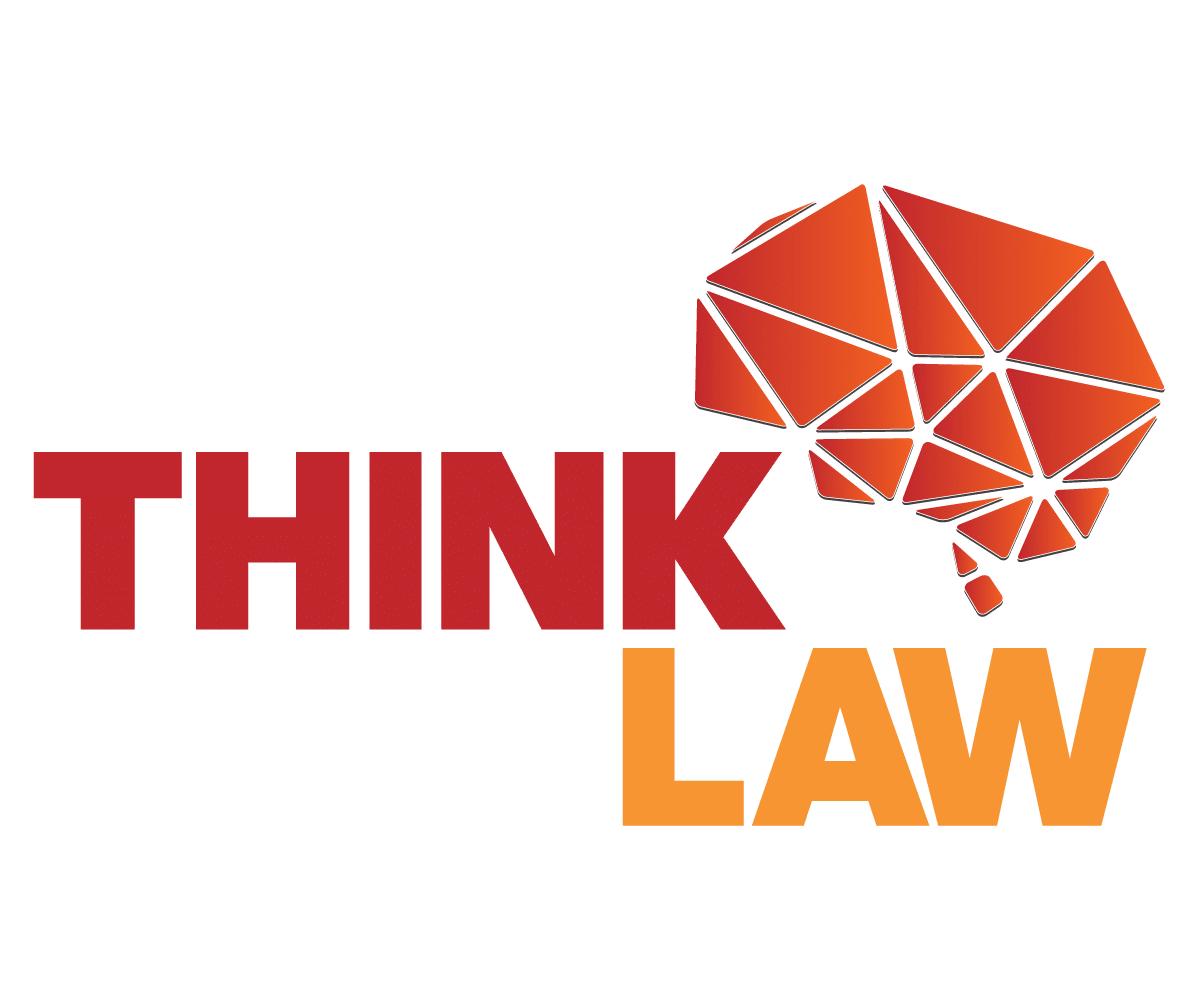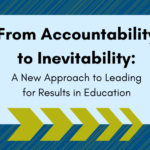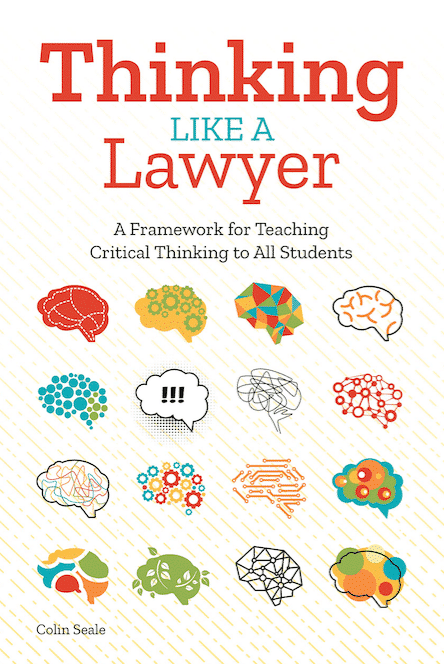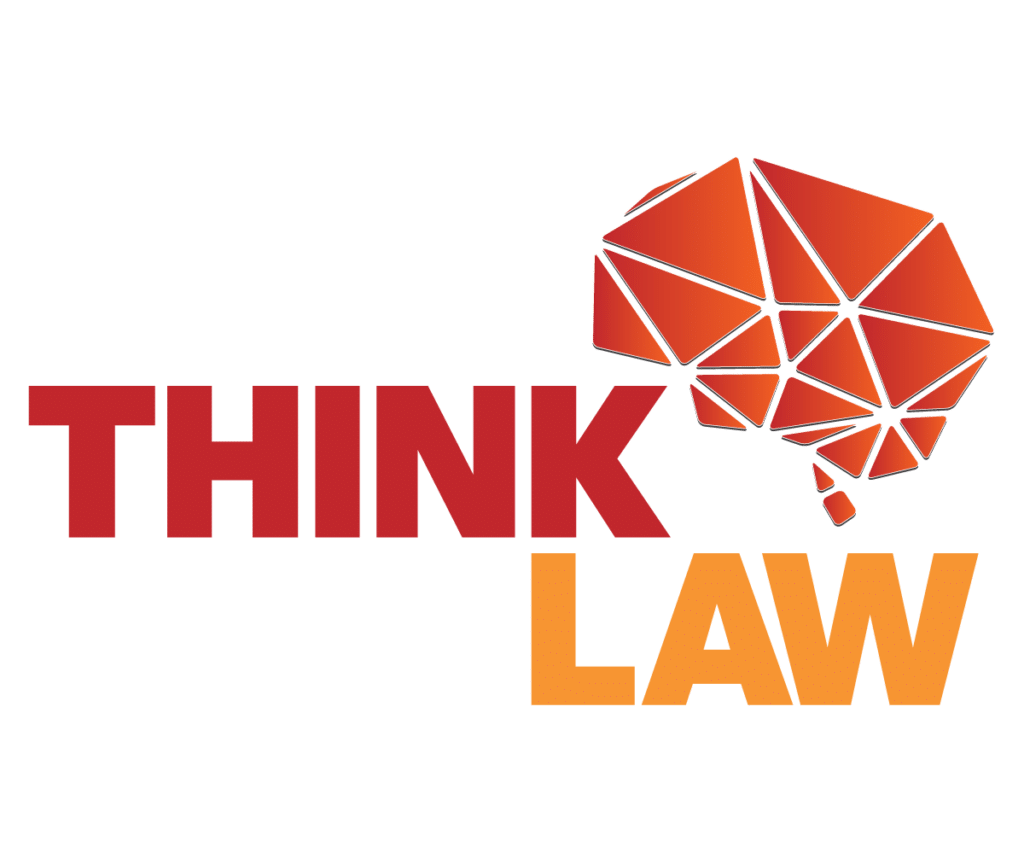Why is it important to refocus the narrative around Columbus Day?
This Monday marks the 80th year that Columbus Day has been celebrated as a national holiday. The first Columbus Day celebration actually took place in 1792 in New York when the New York Columbian order held an event to commemorate the 300th anniversary of Columbus’s arrival. In 1892, a proclamation was issued by President Benjamin Harrison encouraging Americans to remember the 400th anniversary of the famous voyage with patriotic celebrations. It wasn’t until 1937 that President Franklin Roosevelt proclaimed Columbus Day a national holiday. When FDR gave his proclamation speech he said that the holiday would celebrate the “promise which Columbus’ discovery gave to the world.”
But throughout its history Columbus Day and it’s namesake have generated controversy. The once romanticized story of “In the year 1492 Columbus sailed the ocean blue.” has been replaced. We know now that Columbus never actually set foot in North America and that the new world he “discovered” was not actually vacant. The consequences that followed the voyage for the Nina, Pinta, and Santa Maria included genocide, enslavement, and the spread of disease to the indigenous peoples of North America.
Talk began in the 1970’s of changing Columbus Day to Indigenous People Day. When the 500th anniversary of Columbus’s Voyage occurred in 1992 it was met with organized protest. The purpose was to change the focus from the embellished story of Columbus’s discovery of North America to focus instead on affirming the incredible legacy and culture of the indigenous people who were already living in the North American continent.
This year protests and calls for change continue. Los Angeles County voted to change Columbus Day to Indigenous People day starting in 2019. Additionally, the county chose to recognize October 12th as Italian American Heritage Day. The city maintains that the change is not an attempt to change history but rather recognize our broader understanding. Supporters say that the change is long overdue and provides a correction to the historical narrative. They are joined by many other cities including San Francisco, Seattle, and Denver.
What would the world look like if we continued to dismiss the history of an entire culture and teach false truths?
To learn how your school or organization can adopt thinkLaw’s standards-aligned program that helps educators teach critical thinking to all students, please click here to schedule a time to speak with someone on the thinkLaw team, call us now at (702) 318-7512 or join us on our next webinar; Thinking Like a Lawyer: Powerful Strategies to Teach Critical Thinking to All Students








Leave a Reply